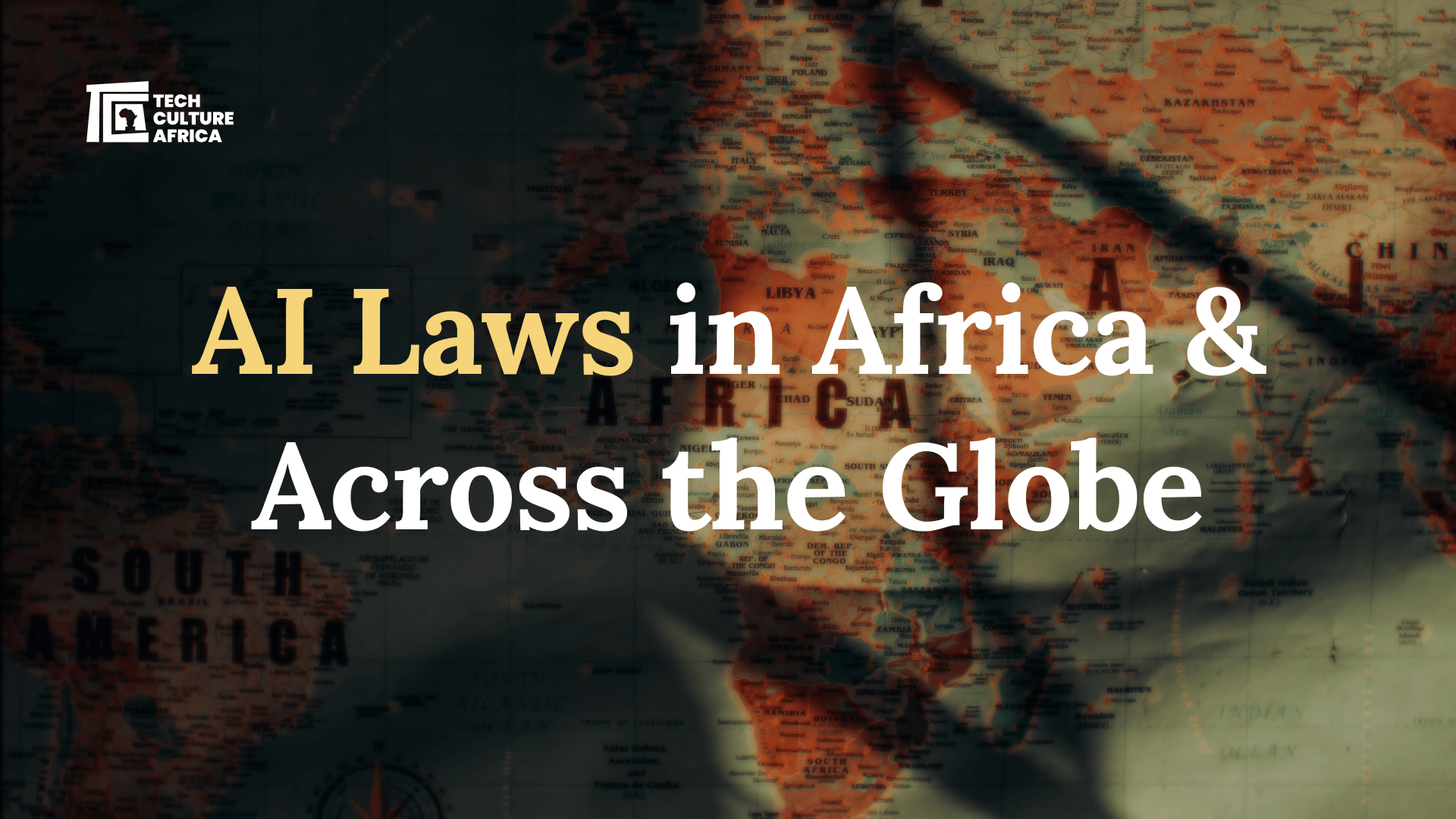

What if you found out that your personal data had been shared with an AI chatbot, without your permission?
That's what happened to Sayida Masanja in 2023, leading him to sue telecom giant Vodacom Tanzania for $4.3 million.
With the estimated number of AI tool users projected to reach almost a billion in a few years, it is safe to say that AI is no longer a futuristic concept.
AI has pretty much become a staple for many in various industries, as routine tasks and complex processes are powered through within minutes.
The potentials of AI know no bounds; hence, this technology comes with the necessity to regulate its development and application.
Regulating the development and use of AI technology is inevitable due to the possible hazards and the requirement to strike a balance between technological advancement, public safety, data privacy, and equity.
Outline:
- AI Laws Across African Nations
- South Africa
- Nigeria
- Kenya
- Rwanda
- Egypt - Comparative Analysis of AI Laws Across African Nations
- AI Laws in Europe, America, and Other Global Regions
- Why Are AI Laws Essential?
- Preventing Manipulation and Exploitation
- Protecting Privacy and Human Rights
- Ensuring Fair and Just AI-Based Decisions - What Does The Future Hold for AI Laws in Africa?
- Conclusion





